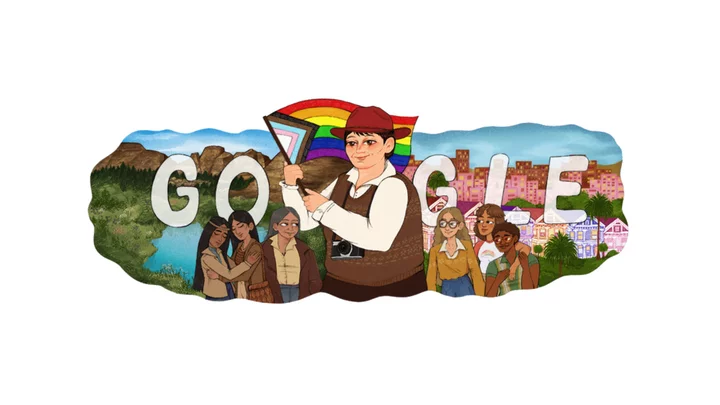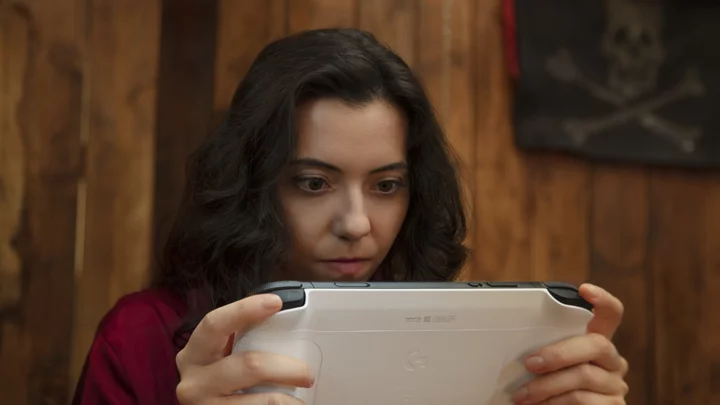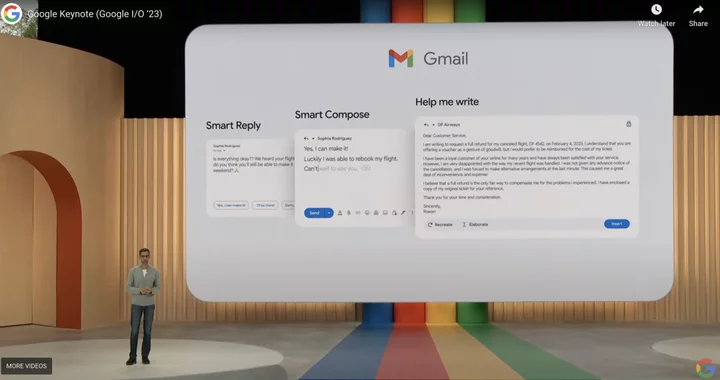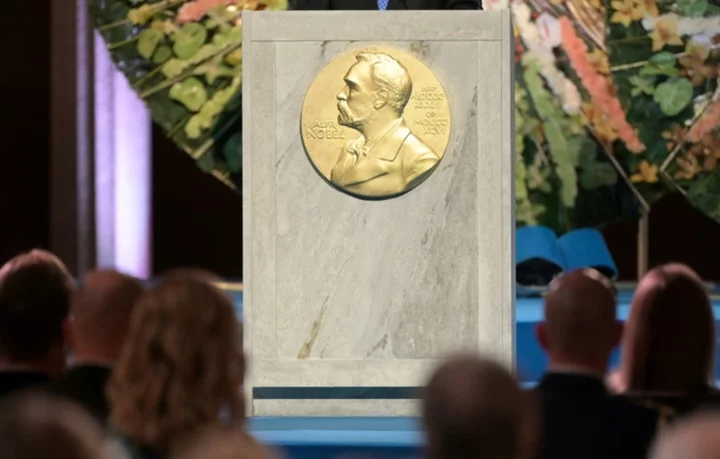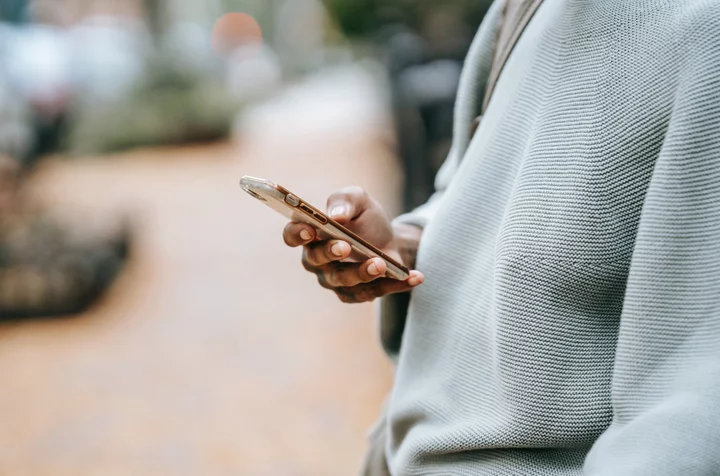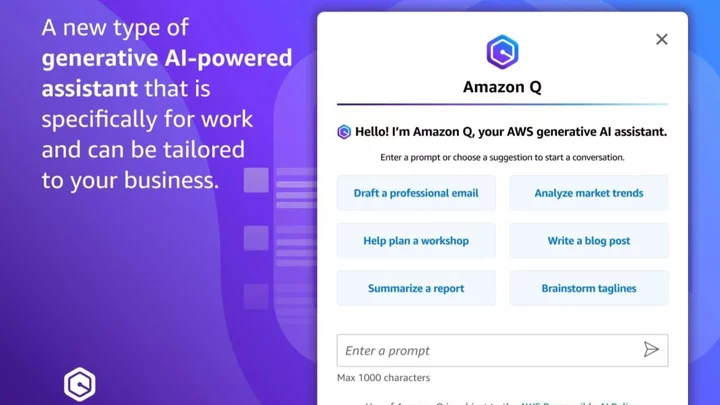Barbara May Cameron is one of many LGBTQ pioneers of color often left out of mainstream historical records and Pride celebrations, but, for what would have been her 69th birthday, Google is giving Cameron the main page.
SEE ALSO: Netflix documentary ‘Victim/Suspect’ digs into systemic scrutiny of sexual assault survivorsThe new Google Doodle depicts the Indigenous artist and social organizer toting a signature camera around her neck and waving a modern progress pride flag, framed by two different landscapes and communities behind her that signify her essential contributions to both Indigenous and LGBTQ activism. It was illustrated by Sienna Gonzales, a queer Mexican and Chitimachan artist based in Los Angeles, California, in consultation with Cameron's partner, Linda Boyd-Durkee.
"As a queer woman of color, this project served as a powerful reminder that intersectional activism has a rich history that predates my personal awareness. It was both surprising and noteworthy to discover that individuals like Barbara have been courageously raising their voices and effecting change for much longer than I had realized. Their ongoing commitment inspires me in my own journey," Gonzales wrote in a Google blog post about the new Doodle art.
Cameron (Hunkpapa Lakota) was born on this day in 1954 in Fort Yates, North Dakota, part of the Standing Rock Sioux Tribe. She was known for her work as a photographer, writer, poet, and activist, and co-founded the first dedicated Native American LGBTQ group in 1975 after relocating to San Francisco, California. Gay American Indians, as the group was known, became a leader in both AIDS and Two-Spirit activism, noting the disproportionate impact HIV/AIDS had on Indigenous communities. She was an icon of the San Francisco organizing community throughout the '80s and '90s.
Cameron led the city's Lesbian Gay Freedom Day Parade and Celebration, she was the executive director at LGBTQ advocacy group Community United Against Violence, and she served on several human rights commissions, including the San Francisco Human Rights Commission, appointed by Sen. Dianne Feinstein, and the United Nations Commission on the Status of Women. She co-led a lawsuit against the Immigration and Naturalization Service for an anti-LGBTQ policy, eventually winning the case after it was brought to the Supreme Court. Cameron would go on to consult for federal agencies on issues impacting Native American communities, found the Institute on Native American Health and Wellness, and receive several recognitions for her contributions to San Francisco's Indigenous and LGBTQ communities.
In the Doodle's announcement, Boyd-Durkee wrote about Cameron's unspoken playful side, her love of animals and their son Rhys, and her lasting legacy. "There are people all over the country who were impressed by something that she said in a talk to a college class in Women’s History or Native History, or at an AIDS conference or a LAFA event or anywhere else that Barbara spoke," she writes. "Our hope for her legacy is that those who were so moved will honor her by standing up for the lives to which she dedicated hers."
Want more Social Good stories delivered straight to your inbox? Sign up for Mashable's Top Stories newsletter today.

